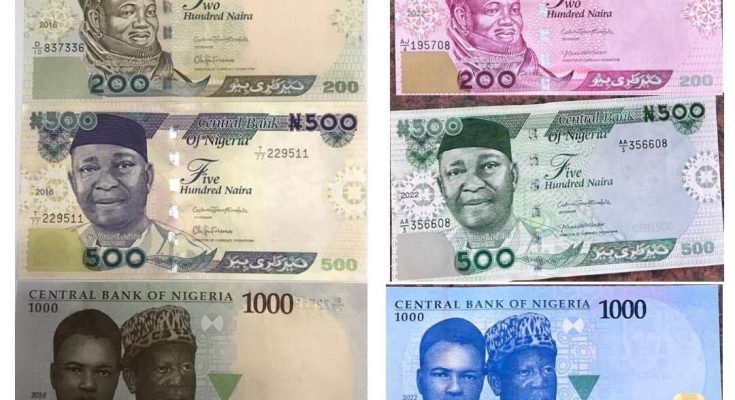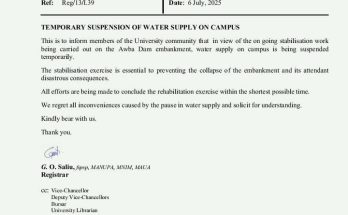By: The Scribe
The poor state of Nigeria’s economy makes the volatility in the value of the naira currency quite infamous and scary. According to the laws of economics, the depreciation of a currency will result in economic crises for the country. Some of the causes of the depreciation of currency include inflation, further depreciation, and excess of money in circulation, all of which have worked together to keep the Naira in a poor condition.
The dwindling value of the Naira as experienced in the past few years has raised questions about the factors responsible for this decline in value. The decline in domestic production in Nigeria, which resulted from the deficit in net exports (imports surpassing exports) and the loss of control over crude oil, has long been postulated as a cause for the fall. The country’s dependence on crude oil earnings as a major source of revenue is also believed to have contributed to the poor value of its currency. The constant fluctuation of crude oil prices continues to weaken the naira.
The purpose of this article is not to discuss or recount the history of how crude oil came to be the main driver of the nation’s economy but to critically examine the idea of redesigning the currency as a means to resuscitate the Naira. It looks at the motivations behind the action, its possible success or otherwise, and whether it might veer off course from the intended goals and purposes, therefore, this article will put on a forecast glass and set a metric to assess the likelihood and potential outcome of this proposed action.
Motivation Behind The Redesign
The economy of a country whose currency value does not depend on the well-controlled factor is destined to be on the edge and could stray at any point. The Central Bank of Nigeria (CBN) had on October 26 announced its plan to redesign 200, 500, and 1000 Naira notes; the central bank said it would redesign naira notes to have control of the amount of currency in circulation, and to enable it to manage inflation and tackle counterfeiting. According to the CBN Governor, Godwin Emefiele, 85% of the currency in circulation is outside commercial banks’ vaults, a worrisome trend that cannot continue. This may sound paradoxical, but it illustrates how much the economy has lost control over her most valuable asset. The solution, according to CBN, is to collect the redesign the Naira, bring back the ones in circulation, and control the circulation of the Naira in the hands of the public.
Efficiency Of The Action
The Federal Government has released directions for everyone to remit their cash in hand to commercial banks before new notes are distributed to everyone. This is in keeping with the CBN’s goals to get the currency in circulation to a reasonable state. What will be the scope of this efficacy? Redesigning the currency appears to be a smart strategy to address the issue of excess money in circulation and also increase the value of the naira when viewed through the lens of Nigeria’s economic context. It is however important to note that the issue of excess money in circulation could resurface if the causative factors are not appropriately addressed.
In essence, it is important to closely monitor the rate at which the redesigned currency is distributed to the economy since, as any flaws in the system could result in dire situations in the future. The blazing flames of corruption, which can be seen in the variables that contribute to the decline in the value of the naira and the large level of money in circulation, are at the root of all the country’s poor circumstances. As a result, corruption must also be fought doggedly.
The decision to redesign the naira is a step in the right direction in the fight to clean up excess money in circulation, tackle corruption and restore the value of the currency. However, conscious efforts are to be made to make the approach successful. We will keep our fingers crossed and hope this new approach brings good results.



